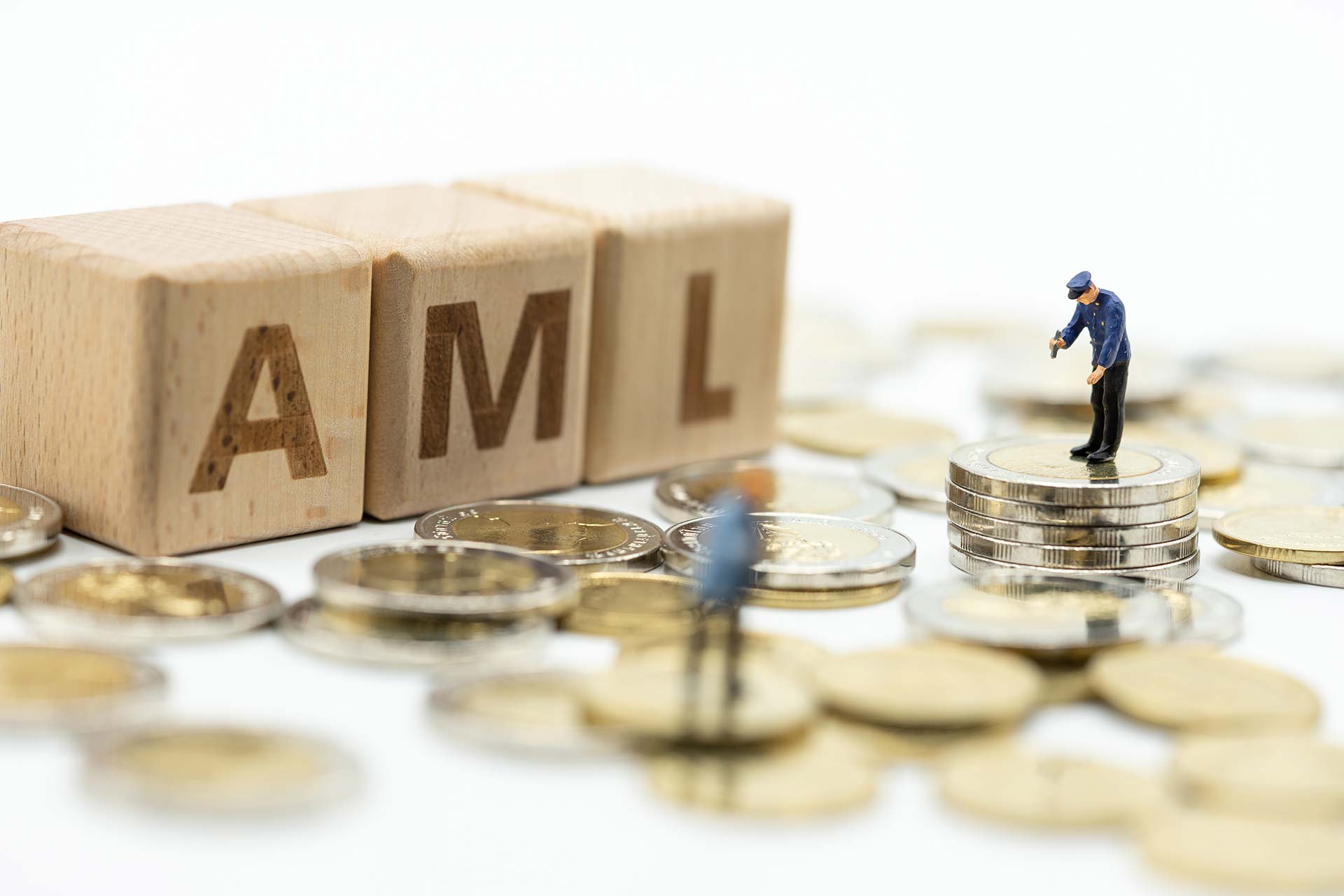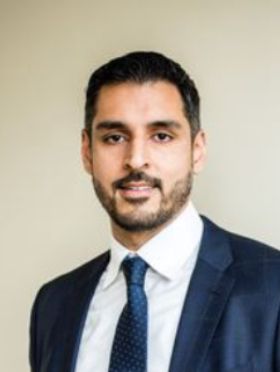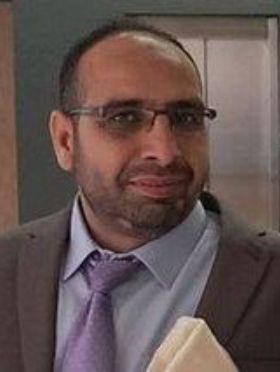Are you exposed to money laundering?

Money laundering happens everywhere around the world. It is the process where a large amount of money generated by some form of criminal activity, like drug trafficking, appears to have come from a legitimate source. The so-called dirty money from criminal activity is then passed through multiple bank accounts, making it harder to trace it back to its illegal origin. Criminals often disguise money as genuine proceeds of a business through falsified invoices.

Money laundering has a devastating impact on societies. Criminals get to benefit from the proceeds of their crimes such as drug dealing, human trafficking or even child exploitation and leave an array of impacted victims behind them. The effect that it has, not only on the financial system but the impact of the underlying criminal activity can be challenging to untangle.
How has anti-money laundering evolved?
Over the years, criminals have devised ingenious and creative ways to cleanse money with increasingly sophisticated schemes. There has been a real shift into laundering money through commercial banking or investment banking; where the targets are not necessarily companies, but rather the general public. Being vigilant with your finances is an excellent way to stay on top of your outgoings. If you are unable to detect or prevent these illicit funds entering your system, then you may be subject to reputation damage, fine or even imprisonment.
Here are a few examples of some unconventional methods used:
Online Marketplaces
In recent years, individuals who offer their products or services through an online marketplace has risen. Online marketplaces are a target for money launderers, thanks to online payment systems such as PayPal. In 2019, Airbnb was a victim of such malpractice. Reports found criminals were booking fake stays with complicit hosts to launder dirty money.
Social Media
Social media is increasingly being used as a means of recruiting money mules. Youngsters are sought out because they are more likely to allow their bank accounts to be used in moving criminal proceeds around the world. According to Barclays, the number of money mules under 21 increased by 97% in 2018; mainly university students.
Instant Messaging
Nowadays, messaging applications are used by millions all over the world. Apps such as WeChat Pay or Alipay, in China, allows people to pay with a tap. Of course, this medium is not only used further afield but, in the UK too. Social media platforms are also taking advantage of this technology, such as Facebook’s Messenger Chat integrated with Paypal, Amex and others.
Gift Cards and Stolen Credit Cards
Fraudsters copy the serial number of the cards and then use them to buy goods, which are sold on to make more money. In some cases, criminals use stolen cards to quickly purchase prepaid cards in bulk.
Online Gaming
Instead of using virtual money in online gaming, criminals are trading the virtual currencies for real cash – taking advantage of a legal loophole, as there is no specific law enforcement for this kind of crime; just yet.
Cryptocurrency
Another avenue used by criminals to clean up their money in cryptocurrency. Digital currency is used as a medium of exchange, where you can transfer millions in bitcoin across international borders.
How to protect your business from money laundering?
Criminals tend to target small businesses as they often lack the experience, knowledge or finances to mitigate the risks associated with certain types of transactions.
• Ask as many questions as required with any financial propositions you intend to complete with a business, to ensure you are sure of your rights. Instances such as cash payments into the company, investment opportunities in your company or even assets on the books that may look suspicious.
• Learn about money laundering schemes – Do your own research and share your findings with your team.
• Investigate anyone involved in financial transactions. Conduct online background checks to see if these people have been previously investigated or charged with a crime.
• Establish a formal anti-money laundering policy such as specific actions to avoid like introducing accounting and cash handling procedures.
• Maintain your privacy – Do not share any financial data with anyone else and maintain security on all devices by regularly changing passwords.
What is the punishment for money laundering?
Under the Proceeds of Crime Act 2002, money launderers can be sentenced for up to 14 years in jail; depending on the amount of money involved and the seriousness of the offence. Money launderers are fined heavily with the criminal cash acquired subject to a confiscation order.
If you require legal advice about money laundering offences or fraud, contact a criminal lawyer now.
Do you need a solicitor?
Find a solicitor on Qredible in just a few easy steps
London Solicitor
London Solicitor
Macclesfield Solicitor
Birmingham Solicitor
Cwmbran Solicitor
Wrexham Solicitor
















